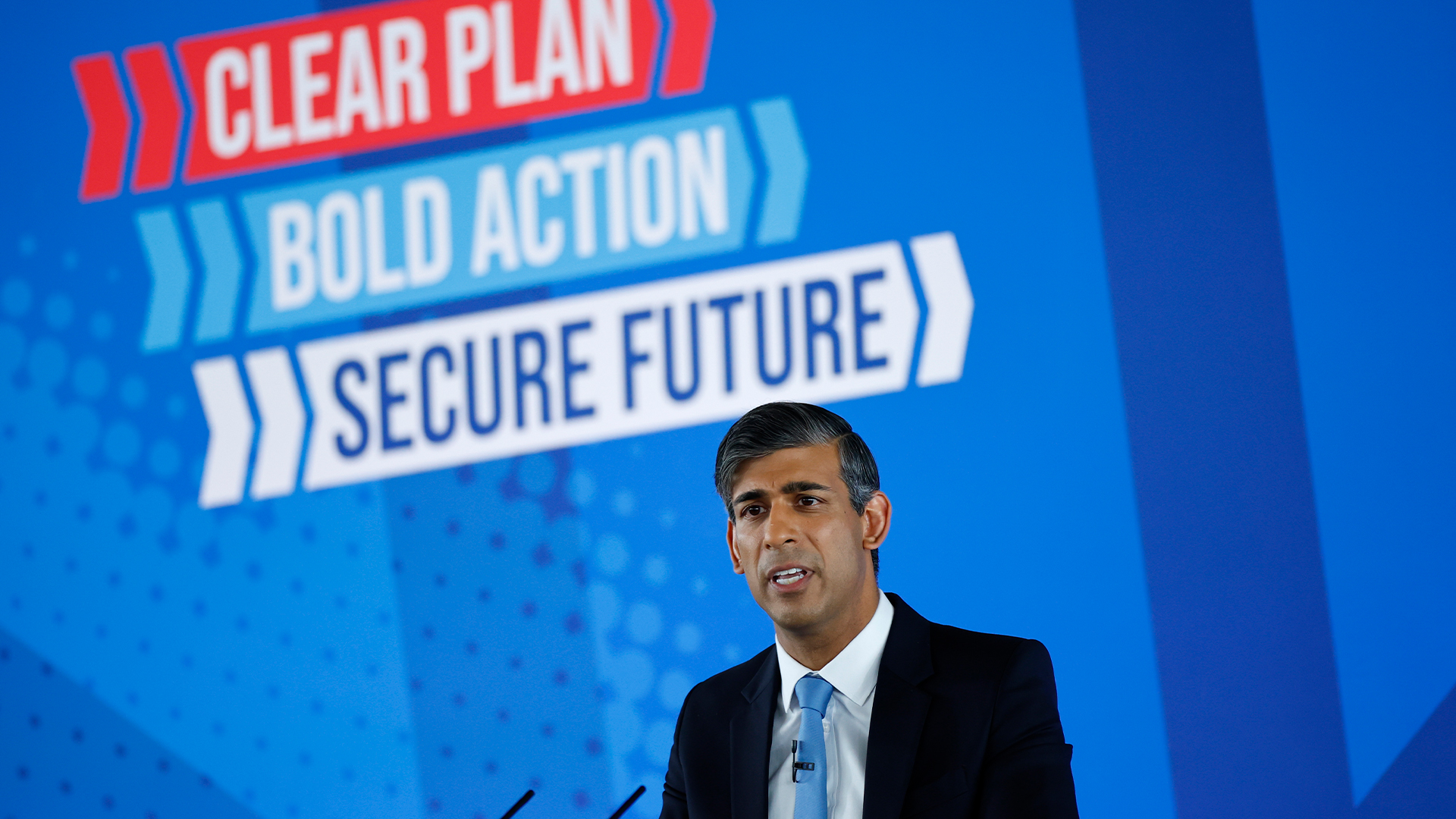Conservative Party outlines tech sector plans in new manifesto – but was it a "missed opportunity"?
The Conservative Party’s new manifesto contains little in the way of digital strategy


The Conservative Party might have missed an opportunity to boldly outline the country’s digital future, a tech industry figure has told ITPro, with the party's new manifesto reportedly lacking in detail on its plans for the sector.
Throughout the manifesto, the words “AI” and “digital” are mentioned infrequently, which OpenUK chief executive Amanda Brock feels makes the manifesto feel like an “opportunity missed”.
When the tech sector is mentioned, Brock noted it's without much detail and usually in relation to vague investment commitments. For example, the Conservative Party promises to “invest in the digital, transport, and energy infrastructure needed for businesses to grow”.
“Frankly the Manifesto does not explain how this will be achieved beyond the additional roll out of broadband,” Brock said.
The manifesto does highlight the party's AI plans, however. The Conservatives said they will be "doubling digital and Ai expertise in the civil service" to deliver service improvements. It also plans to use the technology to "free up" time for frontline healthcare practitioners.
It also committed to spending $1.5 billion on large-scale compute clusters to drive power processing for AI use. For Brock, however, the manifesto as a whole is still lacking in clarity.
“A year-plus of hard work in AI that had begun to see the UK taking advantage of its position in both open source and AI to deliver leadership and offer the opportunity to reap rewards, has apparently been largely omitted from the Manifesto,” Brock said.
Sign up today and you will receive a free copy of our Future Focus 2025 report - the leading guidance on AI, cybersecurity and other IT challenges as per 700+ senior executives
Though there has been a “commendable” shift to open source AI tooling and a commitment to constructing an “elegant” AI regulation solution in the UK, all of this is lost in a manifesto that “simply misses the opportunity to set out principles for a digital future”.
“Enabling leadership for the UK and ensuring safety and security in our digital infrastructure, whilst utilizing that infrastructure to build back delivery of our NHS, should be cornerstones of any manifesto fit for the digital age,” Brock said.
While the introduction of an Advanced British Standard education course and the use of boot camps to close skills gaps are positive moves, Brock added, they are not considerable enough strides in the current environment.
“A tax free £30k bonus over five years is never going to touch the salary differentials for anyone skilled in tech or incentivize their move to teach,” Brock said.
“From a tech sector perspective, and in respect of the UK’s digital future, the Conservative Manifesto is an opportunity missed,” she added.
Has the Conservative Party failed on tech policy?
RELATED WHITEPAPER

Successive Conservative governments have made efforts to champion the UK's tech sector and provide vital support for the industry.
Under Rishi Sunak specifically, the UK hosted the world's first AI Summit last year which brought together industry stakeholders and global leaders to examine a more aligned international approach to the development of the technology.
On the regulation front, the Conservative Party has been looking outwards towards countries such as the US in an effort to coordinate AI legislation. The rapidly evolving AI landscape at present has presented challenges in this regard, and the government has been vocal that it wants to foster a regulatory environment that is non-restrictive to innovators in the space.
Industry stakeholders have criticized the government's approach to tech sector support in recent months, however. In the government's spring budget, Jeremy Hunt revealed little in the way of a defined plan for UK tech, with experts at the time saying it was “disappointing we didn’t hear more specifics”.

George Fitzmaurice is a former Staff Writer at ITPro and ChannelPro, with a particular interest in AI regulation, data legislation, and market development. After graduating from the University of Oxford with a degree in English Language and Literature, he undertook an internship at the New Statesman before starting at ITPro. Outside of the office, George is both an aspiring musician and an avid reader.

